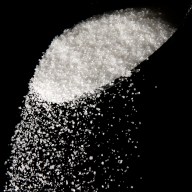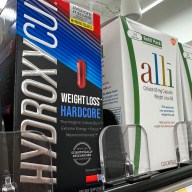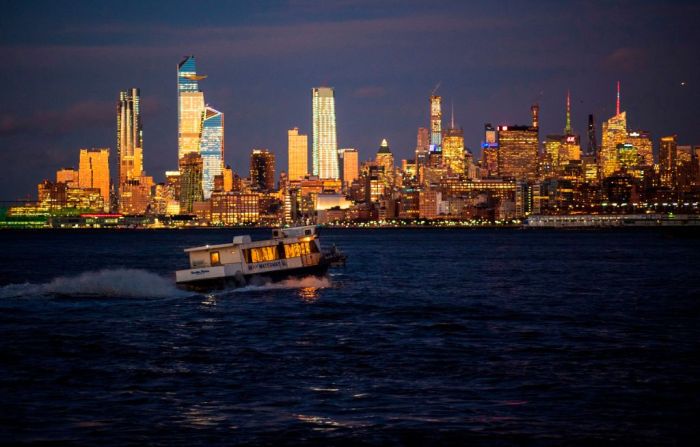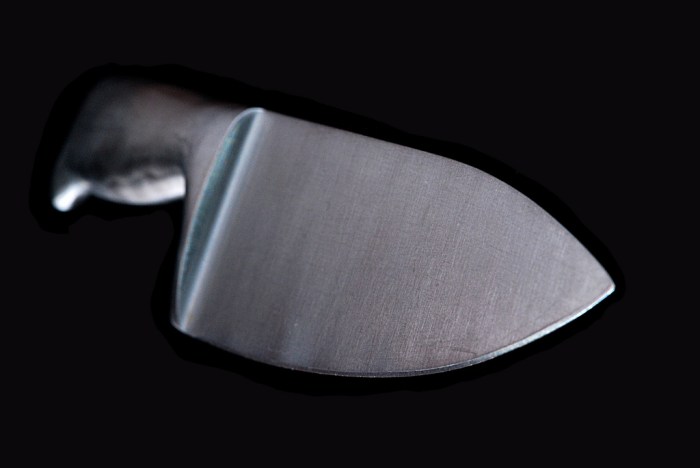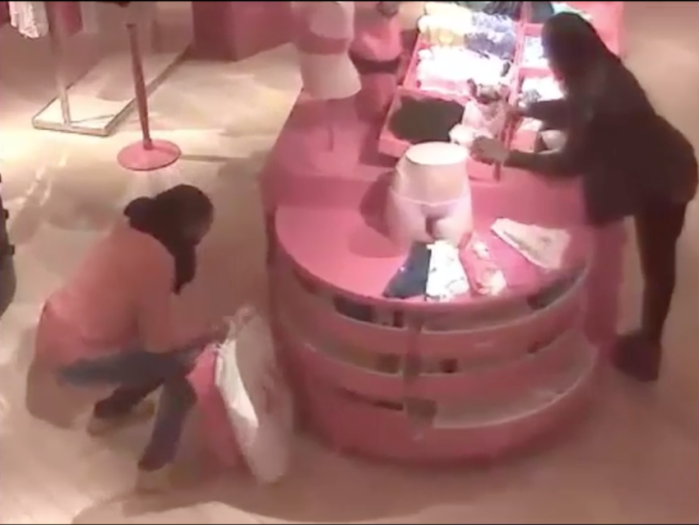Everyone wants the earth to be in a long-lasting stable condition; however, living in an environmentally friendly way in New York City can sometimes appear to be more work than it’s worth.
That’s why the New York Department of Sanitationhas taken the lead to make living a greener life in New York as simple as possible. With these four programs in place, there are no excuses when it comes to tossing unwanted electronics on the curb (since April 1 this can result in a fine of $100), or throwing out food scraps, harmful household products or clothing. 1. Commuter Composting
Drop-off your food scraps on your way to work at one of the conveniently located food scrap drop-off sites near train stops. Stop by on weekday mornings and NYC Compost Project will compost your scraps locally. When: 8 to 11 a.m.
Where:
Vernon Jackson – 7 train stop at Vernon Boulevard and 50 Avenue, New York, NY
Greenpoint Avenue – G train stop at Greenpoint and Manhattan Avenues, Brooklyn, NY
Ditmars – N/Q train stop at 21-45 31 Street, Astoria, NY
Broadway – N/Q train stop at Broadway and 31 Street, Astoria, NY
23rd Street – C/E train stop at 23 Street and 8 Avenue, New York, NY
2 Avenue – F train stop at 1 Avenue and Houston, New York, NY
What you can bring:
Fruit and vegetable scraps
Coffee grounds, filters, and paper tea bags
Bread and grains
Egg shells
Nutshells
Corncobs
Food-soiled paper towels and napkins
Shredded newspaper
Sawdust and wood shavings from untreated wood
Stale beans, flour, and spices
Cut or dried flowers
Houseplants and potting soil
Feathers
Don’t bring:
Meat or fish scraps
Cheese or dairy products
Fats, grease, oil, or oily foods
Cat or dog feces
Kitty litter
Colored or glossy paper
Sawdust made from pressure-treated plywood or lumber
Coal or charcoal ashes
Non-compostable materials like plastic, metals, or glass
Diseased or insect-infested houseplants and soil
Biodegradable or compostable plastics
In order to help New Yorkers dispose of harmful household products (solvents, automotive, flammables and electronics) DSNY hosts SAFE Disposal events throughout the year in all five boroughs. You must provide proof of NYC residency (like a driver’s license or utility bill)to take part in the event. Don’t mix products or bring open containers and if an item is leaking pack it into a larger container and use an absorbent material (kitty litter, newspaper) to soak up the excess fluid. Upcoming Events:
Sunday August 9 at Prospect Park, Park Circle at the corner of Parkside Avenue and Prospect Park Southwest
Sunday August 23 at Union Square, North Plaza just south of 17 Street between Park Avenue South and Broadway
Saturday September 12 at Midland Beach parking lot at Father Capodanno Boulevard and Hunter Avenue.
What you can bring:
Automotive products such as motor oil, transmission fluid, and spent batteries
Personal care items like unwanted medicines or cosmetics
Thermometers
Syringes (clearly labeled and packaged in a “sharps” container or other leak proof, puncture-resistant container)
Household products such as pesticides, paint, hazardous cleaners, spent compact fluorescent lightbulbs
Electronics
New Yorkers throw out approximately 200,000 tons of clothing, towels, blankets, curtains, shoes, handbags, belts and other apparel every year. Re-FashioNYC, a partnership between the DSNY and Housing Works, aims to make clothing donation as easy as possible through a convenient in-building service. DSNY will visit eligible and enrolled buildings to discuss the number and sizes of bins and where they should be placed, when the bin is full you can call or email for pickup (guaranteed within five business days.) Tax receipts for up to $250 are available for the bin. What buildings are eligible?
Apartment buildings with over ten units.
Office buildings
Commercial businesses (such as fashion industry, storage facilities, gyms, laundromats, and hotels)
Schools and institutions
Accepted items:
Clothing (from women, men & children)
Shoes, purses, gloves, scarves, hats & belts
Towels, curtains, bedding & linens
Clean rags and clothing scraps
Similarly to re-fashioNYC, e-cycle is a free and convenient way to dispose of old electronics. DSNY will visit buildings to discuss different service options depending on the size and type of building. Here are the three service options: Room cleanouts for buildings with 10 or more units
These buildings can store electronics in a secure, enclosed area before they are picked up.
Storage bins for buildings with 50 or more units
These buildings can store electronics in a locked bin provided by e-cycleNYC, two bin sizes are available–small (2’ by 4’ by 5’) and large (2’ by 5.5’ by 6’). Outdoor electronics recycling events for buildings with 250 or more units
These buildings can work with e-cycleNYC to schedule outdoor electronics recycling events for building residents. When the building is ready they can call or email e-cycleNYC and there is guaranteed pickup within five business days for room cleanouts and three business days for bin removal.






